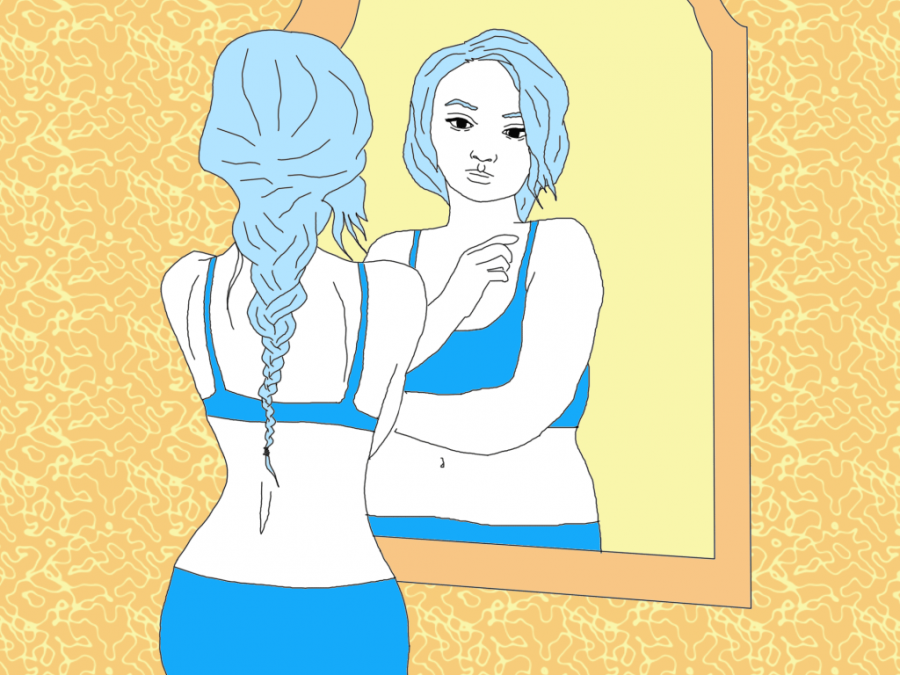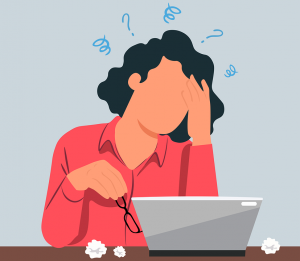Social Pressure on Adolescents – Is It Too Much?
November 17, 2021
What does it mean to have a perfect body? Be skinny? Have muscles? How much do you want to change your body? Many students in middle and high school ask themselves these questions every day. The teenage years are spent trying to impress everyone. From the Kardashians to their own best friends, teens face pressure to change how they look everywhere. Teens being on their phones 24/7 certainly doesn’t help, all they’re getting is negative body images. There is too much pressure on students in high school and middle school to change their bodies.
Appearance-related social pressures play a very important role in the negative mental growth of an adolescent. The social pressures cause severe mental disorders, like eating disorders and depression. These appearance-related social pressures are seen all around teens in the form of social media, entertainment, and even people they know. BMI (Body Mass Index is a person’s weight in kilograms divided by the square of height in meters — a high BMI can indicate high body fatness) is one of the main things a teen looks at when they analyze their body. A study about social pressures was conducted in Europe in the 2010s. Over 1000 students between the age of 12 and 15 were given a questionnaire with questions asking about the pressure to change appearances and their sources. According to the data, girls were more affected by the pressure. But that doesn’t mean boys weren’t affected. Girls AND boys with higher BMI were particularly affected by peer teasing and exclusion as well as by parental encouragement to control weight and shape.
Social media is also a HUGE part of teens not being comfortable in their own skin. Social media influencers, celebrities, TV, movies, magazines, and the internet all attack teens with images and pressures about what their bodies should look like. The problem is these versions of “beauty” are not available because they aren’t realistic. The majority of images are photoshopped versions of models who weigh 23 percent less than the average woman. 34 percent of men say that they edit their photos before posting them (Fstoppers). But teens still believe the lies and hurt themselves to obtain the image of the perfect-looking person.
But how do we fix it? Is it possible? Some say that one easy way to stop hating yourself is to simply stop comparing yourself to other people. People may not be good at a certain thing, but look at this other thing they’re really good at! This mindset also supports looking over one’s health and taking care of appearances.
Unfortunately, mental health is a hard thing to improve. Teens with depression face many problems with treatment. Like any serious physical disease, depression can’t be cured in a day. Most people go years without seeing the end of the tunnel. Many people also give up after trying one treatment. Whether it’s difficulty coping with stress or something more serious, such as post-traumatic stress disorder, the first treatment doesn’t always work. Teens give up and do their best to live with their illness, making their lives so much worse.
Anyone going through a hard time with their body image needs to be treated with respect. Almost everyone has felt some bad feeling about themselves after seeing what they “should be”. The pressure on students in high school and middle school to change their bodies is very much negatively affected their lives. Everyone is going through this, and there are so many people to talk to about the topic. Stop obsessing over how *that* girl or boy looked in their newest Instagram post and start looking at how YOU are amazing.






